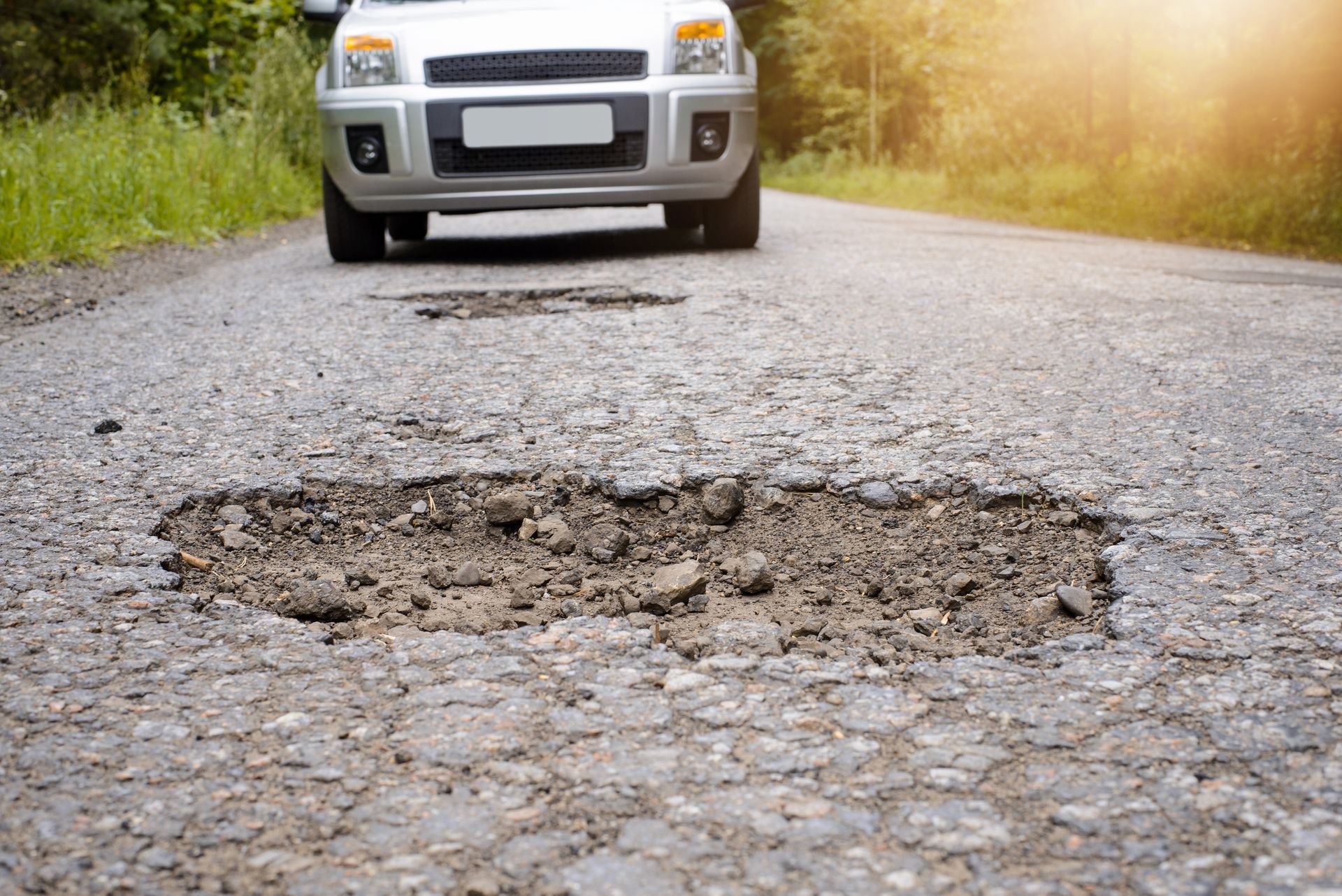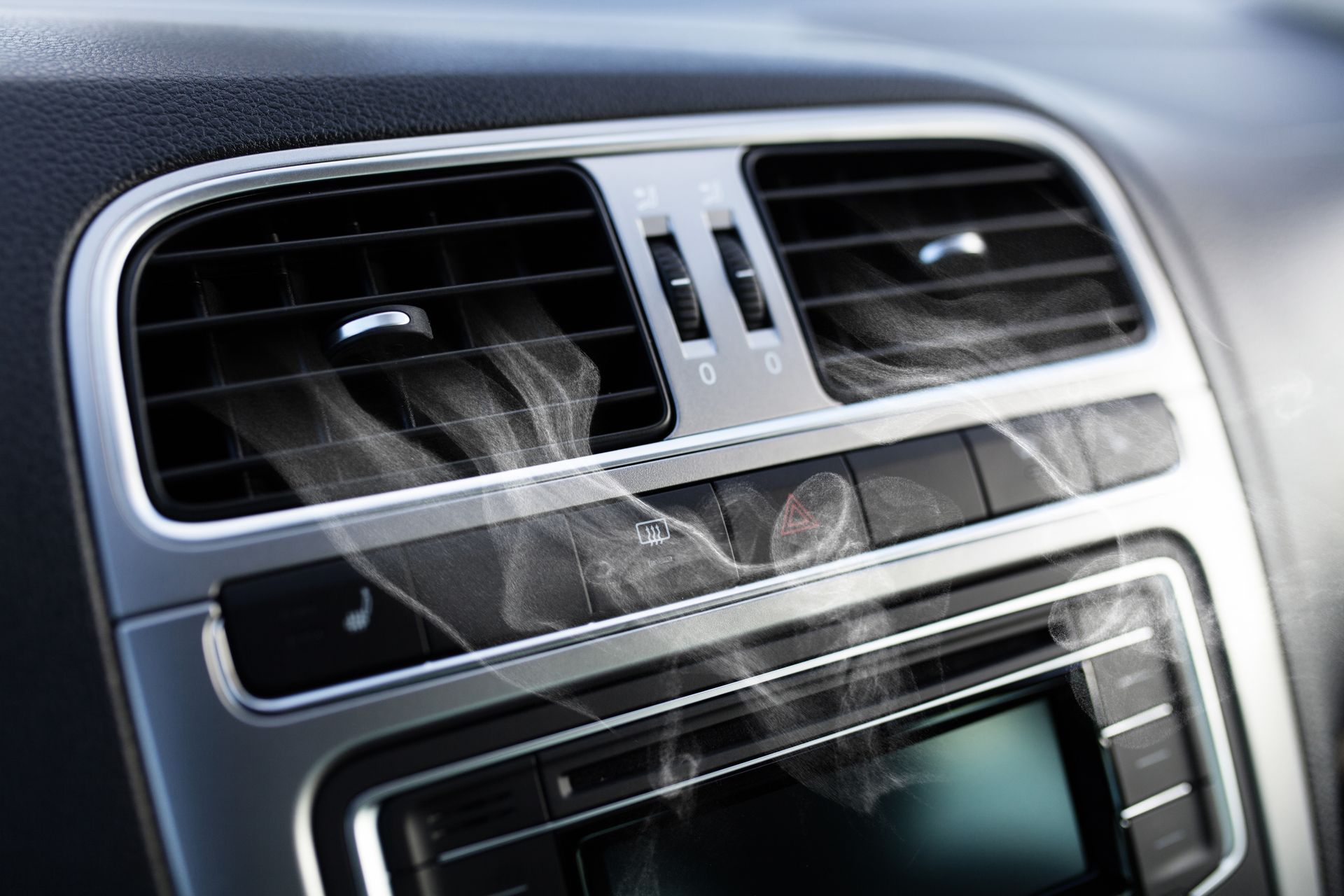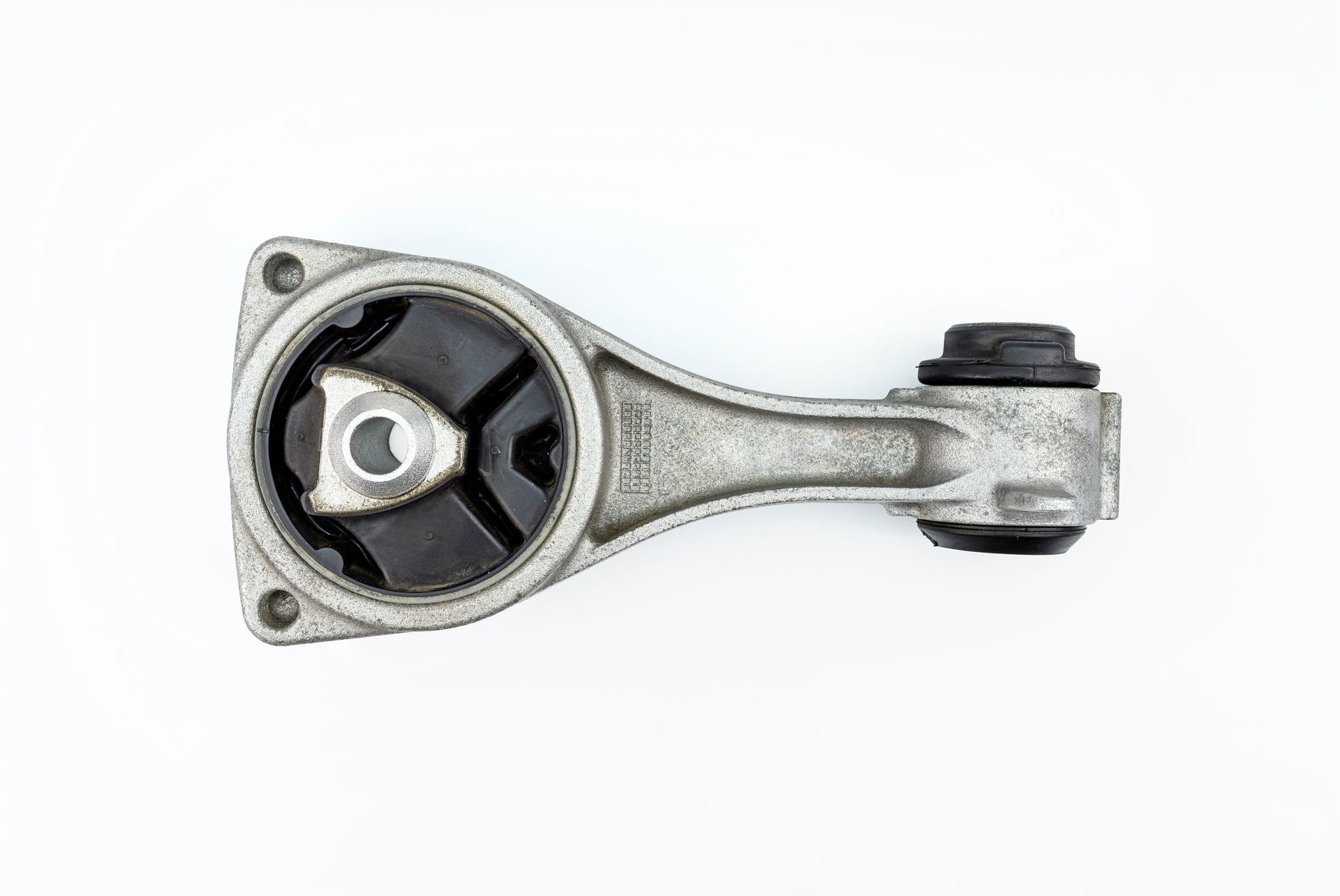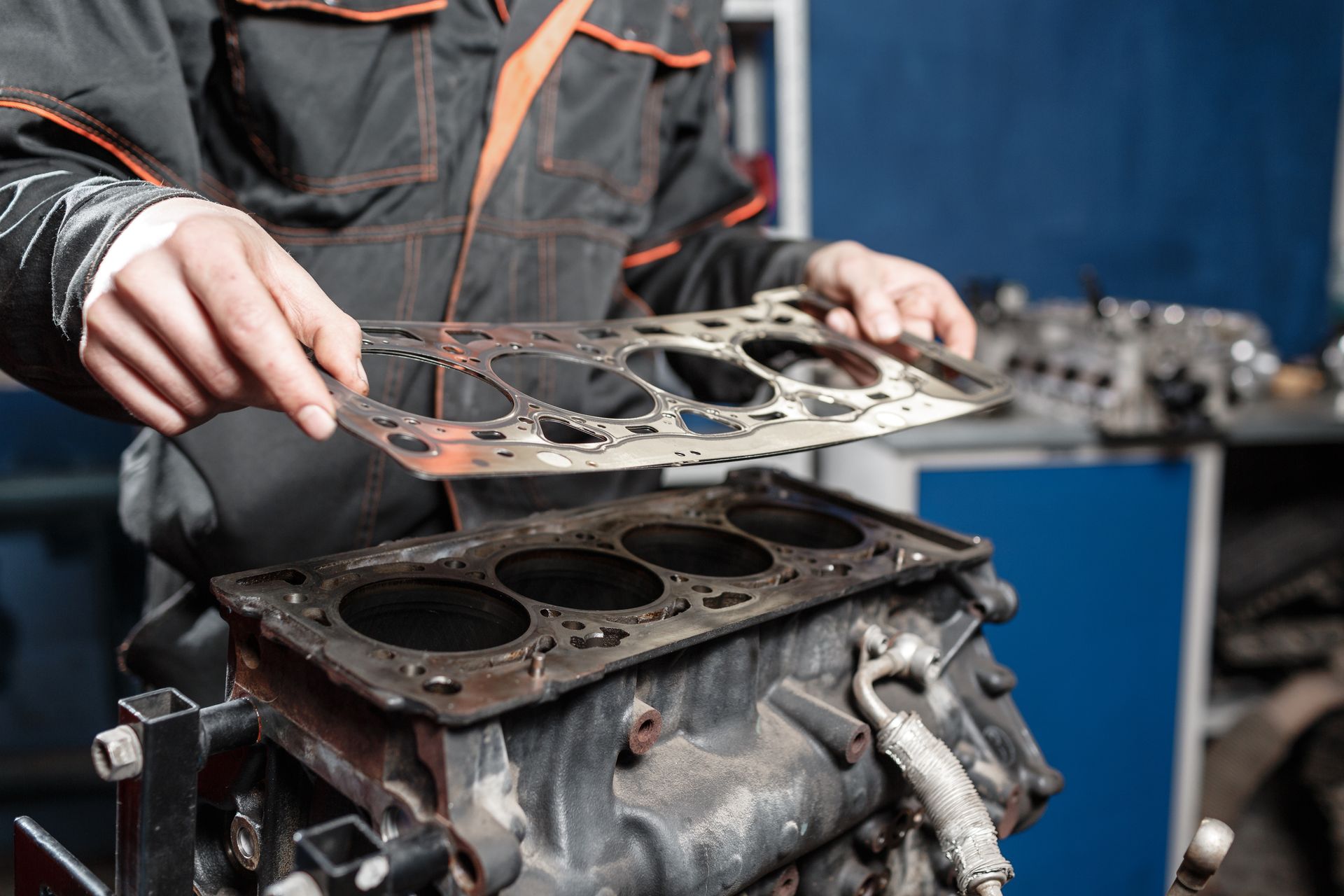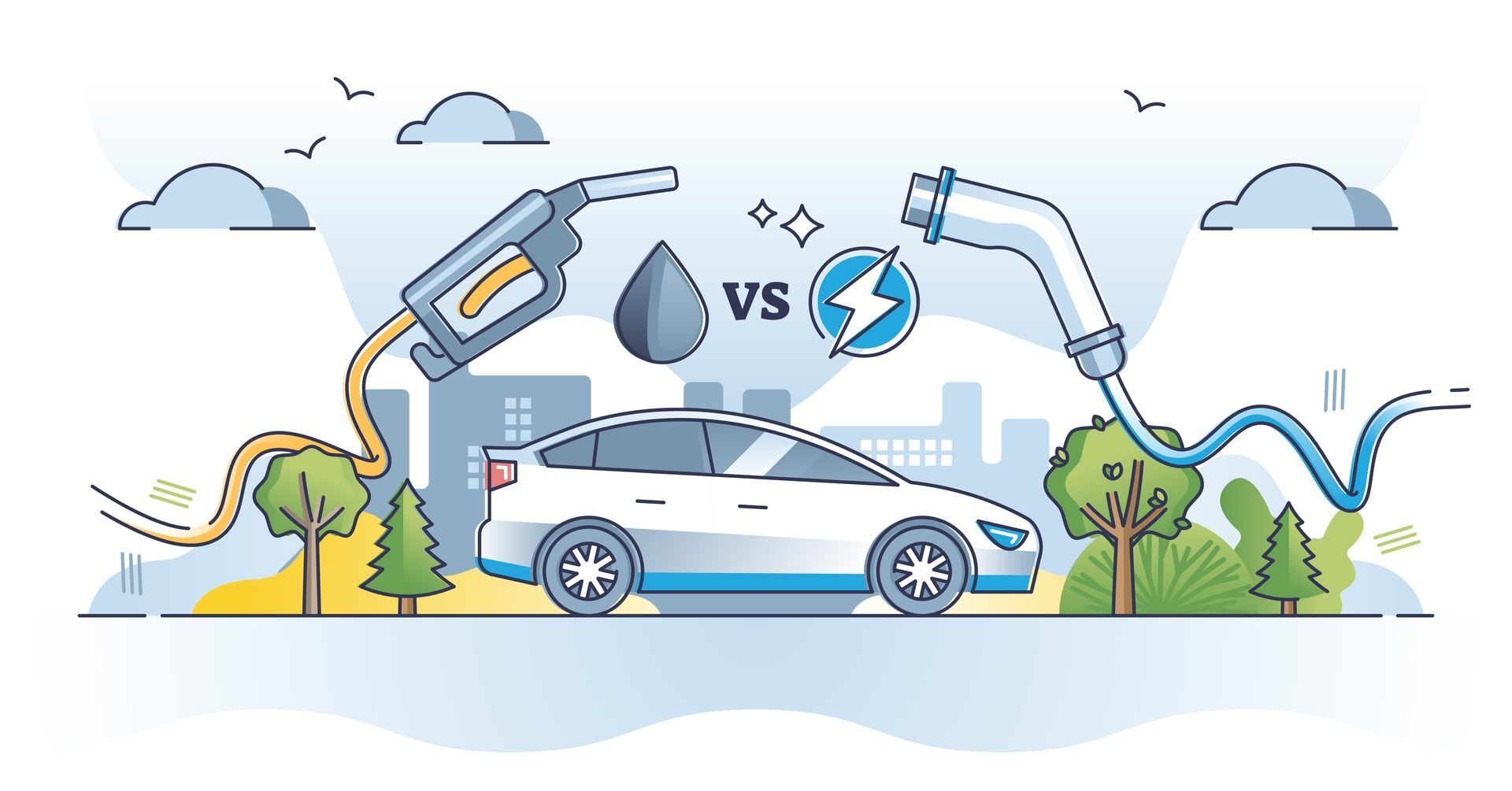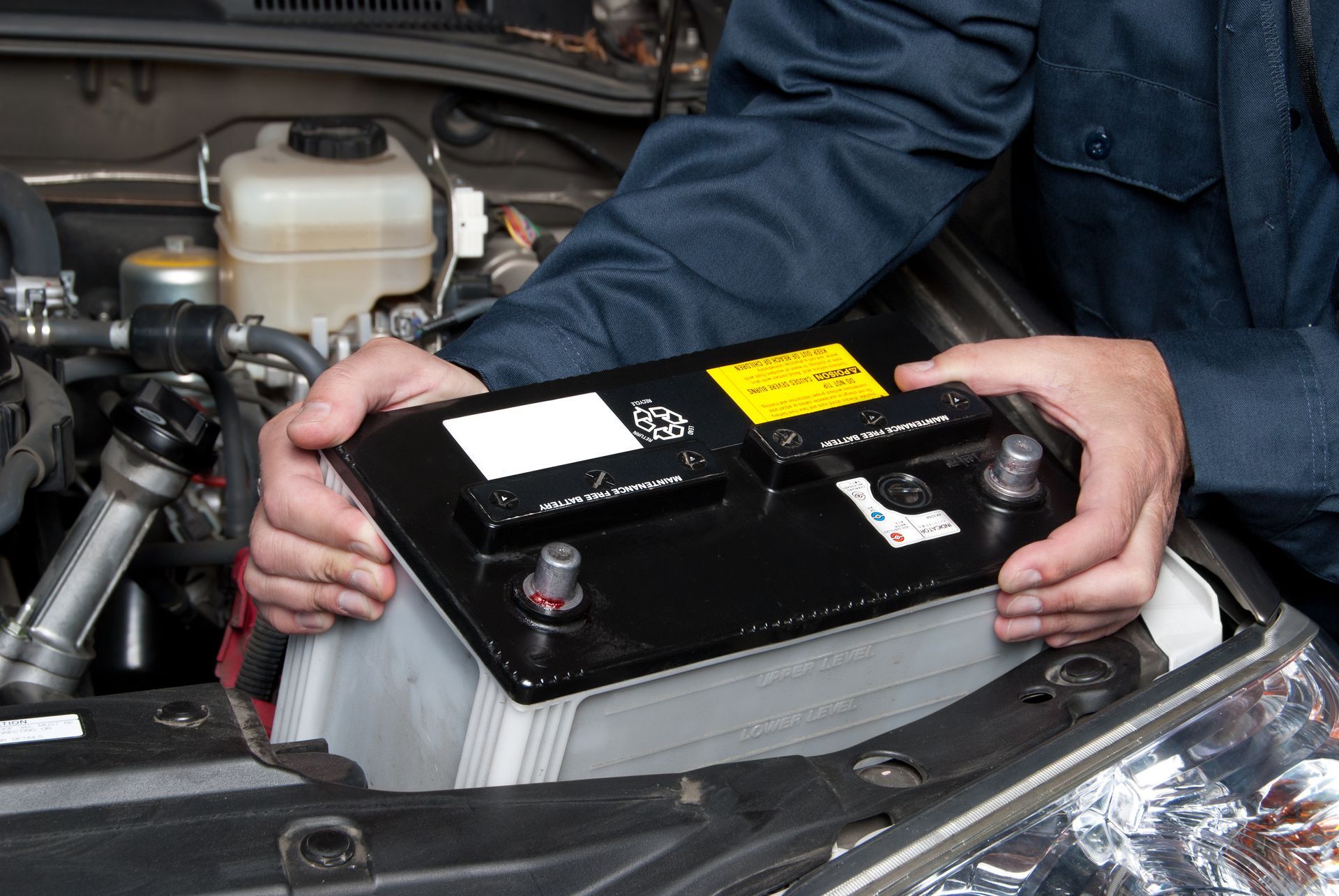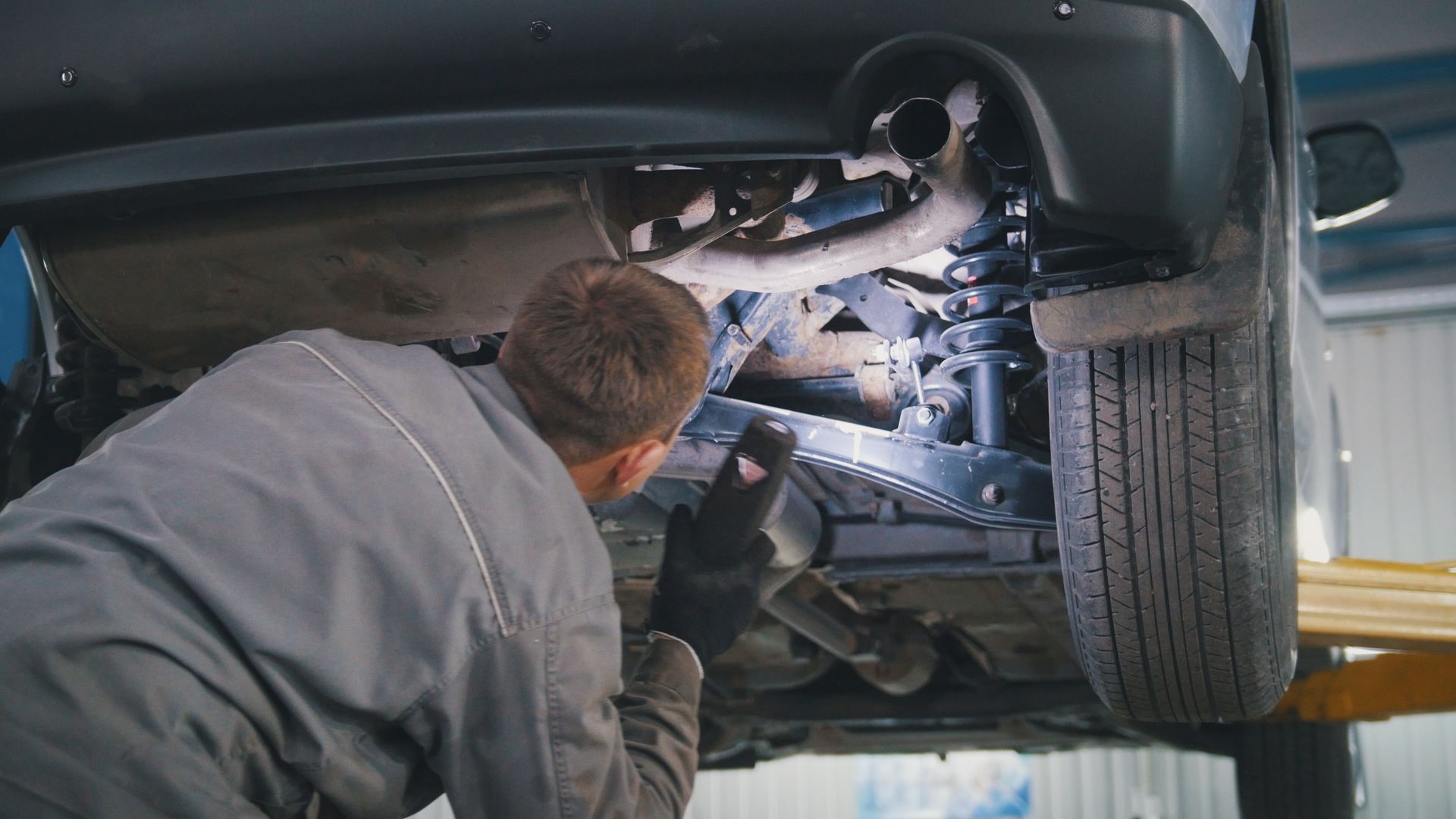As the temperatures climb and summer road trips become more frequent, drivers face a hidden danger many don’t think about — brake fade. While you might be focused on keeping your engine cool, your braking system is also working harder than usual during the hot months. Understanding what brake fade is, why it happens, and how to avoid it can help you stay safe on the road all summer long.
What Is Brake Fade
Brake fade refers to the reduction or complete loss of braking power due to overheating. It typically occurs when the braking system is pushed beyond its normal operating limits. When you apply your brakes, friction between the brake pads and rotors generates heat. In extreme situations, such as descending a long, steep hill or repeatedly braking in stop-and-go traffic, this heat can build up to the point where it overwhelms the system’s ability to dissipate it.
When this happens, the brakes become less effective, requiring more pressure on the pedal to slow the car, or in severe cases, they may stop working altogether.
Common Causes of Brake Fade
Brake fade can be caused by a few different factors, especially during the summer:
- Overheating Brake Pads and Rotors: Continuous or heavy braking generates more heat than normal driving. If the components can’t cool down quickly enough, they lose friction capabilities.
- Boiling Brake Fluid: Brake fluid transfers force from your foot on the pedal to the brake calipers. If it overheats and boils, it can form vapor bubbles, making the pedal feel spongy and reducing braking power.
- Worn Brake Components: Older pads and rotors may already be compromised and more susceptible to overheating.
How to Recognize Brake Fade
When brake fade starts to occur, you might notice some specific symptoms:
- The brake pedal feels soft or spongy.
- You need to press the pedal much farther or harder than usual to achieve the same stopping power.
- A burning smell is coming from your wheels or brakes.
- Longer stopping distances, even in normal driving conditions.
These warning signs should never be ignored, especially when driving at high speeds or in mountainous terrain.
Tips to Avoid Brake Fade
The good news is that brake fade can often be prevented with the right driving habits and maintenance practices.
First, avoid riding your brakes on long downhill stretches. Instead, downshift to a lower gear to use engine braking, which reduces the reliance on your brake pads alone.
Allow your brakes to cool down between heavy use. For example, when driving in stop-and-go traffic, try to maintain a steady pace and avoid unnecessary hard stops.
Regular maintenance is also key. Make sure your brake pads, rotors, and fluid are in good condition. If your brake fluid hasn’t been changed in a while, it may have absorbed moisture, which lowers its boiling point and makes it more susceptible to overheating.
The Importance of Quality Brake Components
Investing in high-quality brake pads and rotors can make a significant difference, especially if you frequently engage in summer driving or towing. Performance or heavy-duty brake components are designed to handle higher temperatures without losing effectiveness.
Likewise, using a high-quality brake fluid with a higher boiling point can reduce the chances of vapor lock during heavy braking.
Why Brake Inspections Matter
Regular brake inspections are essential year-round, but become even more crucial before summer trips. A professional can check pad thickness, rotor condition, fluid level, and look for signs of wear or leaks.
Catching small problems before they escalate into major issues helps prevent brake fade and ensures your car remains safe when it matters most.
Stay Safe This Summer with Wrench Junkies in Stone Mountain, GA
At Wrench Junkies in Stone Mountain, GA, we understand the importance of your braking system to your safety, especially during the summer heat. Our expert technicians can inspect your brakes, replace worn components, and ensure your system is operating at its best before you hit the road.
Don’t take chances with your brakes — schedule an inspection with us today and enjoy your summer adventures with confidence.

